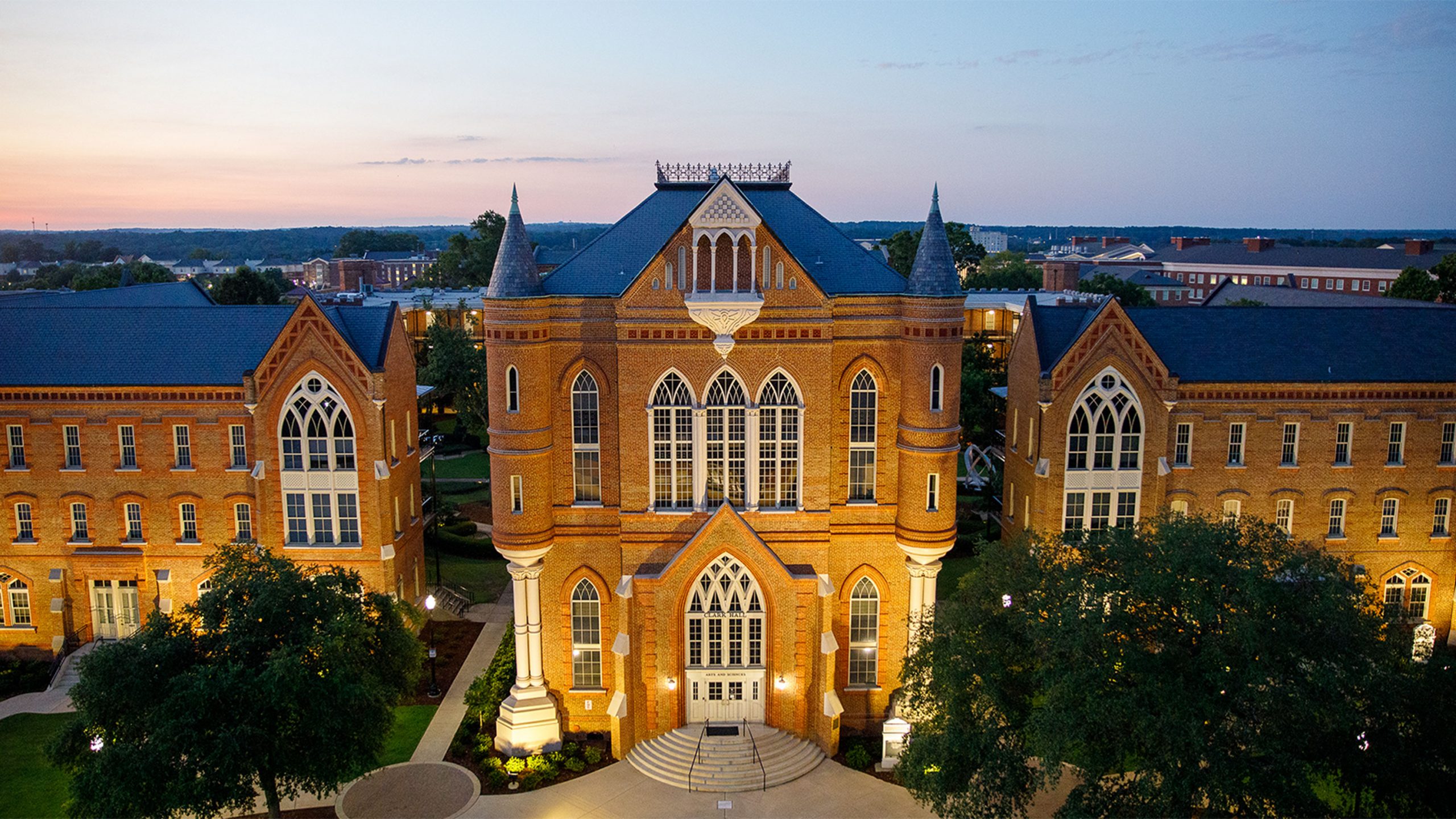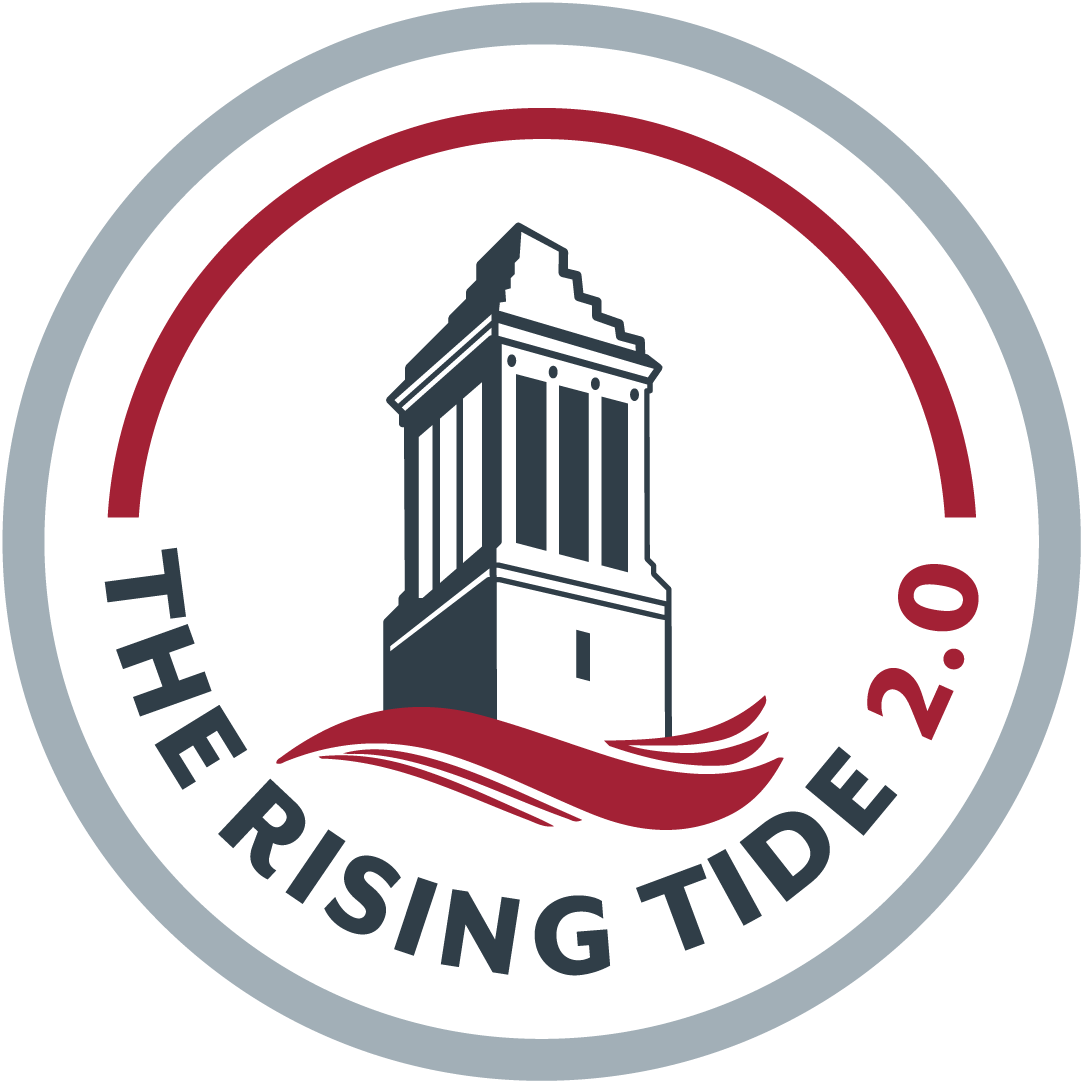Since her arrival at The University of Alabama in 2018, Dr. Susan White has made it her mission to give back to the community. As the Doddridge Saxon Chair in Psychology, Susan’s work focuses on identifying co-occurring psychiatric conditions and developing treatments for people with autism and other neurodevelopmental disorders. She also serves as director of UA’s Center for Youth Development and Intervention, where she treats patients from the West Alabama area.
“A big focus of our work is implementation science,” Susan said. “We’re essentially trying to understand how we can improve upon the accessibility, reach and impact of health care in the community.”
Her appointment as the Doddridge Franklin Saxon Memorial Endowed Presidential Chair in psychology allows her the financial freedom to be innovative and creative with her research.
“This endowment has allowed me the personal freedom to work without having to conform to a certain area of study,” Susan said. “As a scientist, you receive funding to study a very specific problem, and it can be hard to branch out and study topics outside of that funding. So what’s nice about any endowment is it gives a certain level of scientific and intellectual freedom to explore other areas.”
Susan has focused much of her efforts on mentoring graduate students and collaborating with other faculty members. Building the Bridge, a program which aims to identify ways UA researchers can best partner with community leaders, mental health professionals, school personnel and parents to improve the youth mental health care infrastructure in Alabama, is an area of particular interest.
“Building the Bridge is a multi-pronged initiative to build alliances between the campus community and the state of Alabama,” Susan said. “The research we’re doing is informed by the users and actually intended to improve children’s lives in one way or another. It’s great to have a program where participants can have input from the ground up; for instance, identifying which problems need to be addressed.”
Over the course of her career, Susan has published over 120 peer-reviewed articles, five books and many book chapters and has received over $3 million in external grants. But for her, the most impactful work occurs at the intersection of research and practice.
“Academic institutions are not islands—we’re housed in communities,” Susan said. “One of the primary reasons I was drawn to UA is the strong relationship between the campus, the Center for Youth Development and Intervention and the community. If there are people in our backyards who need a service we can provide, we should provide it to them.”


